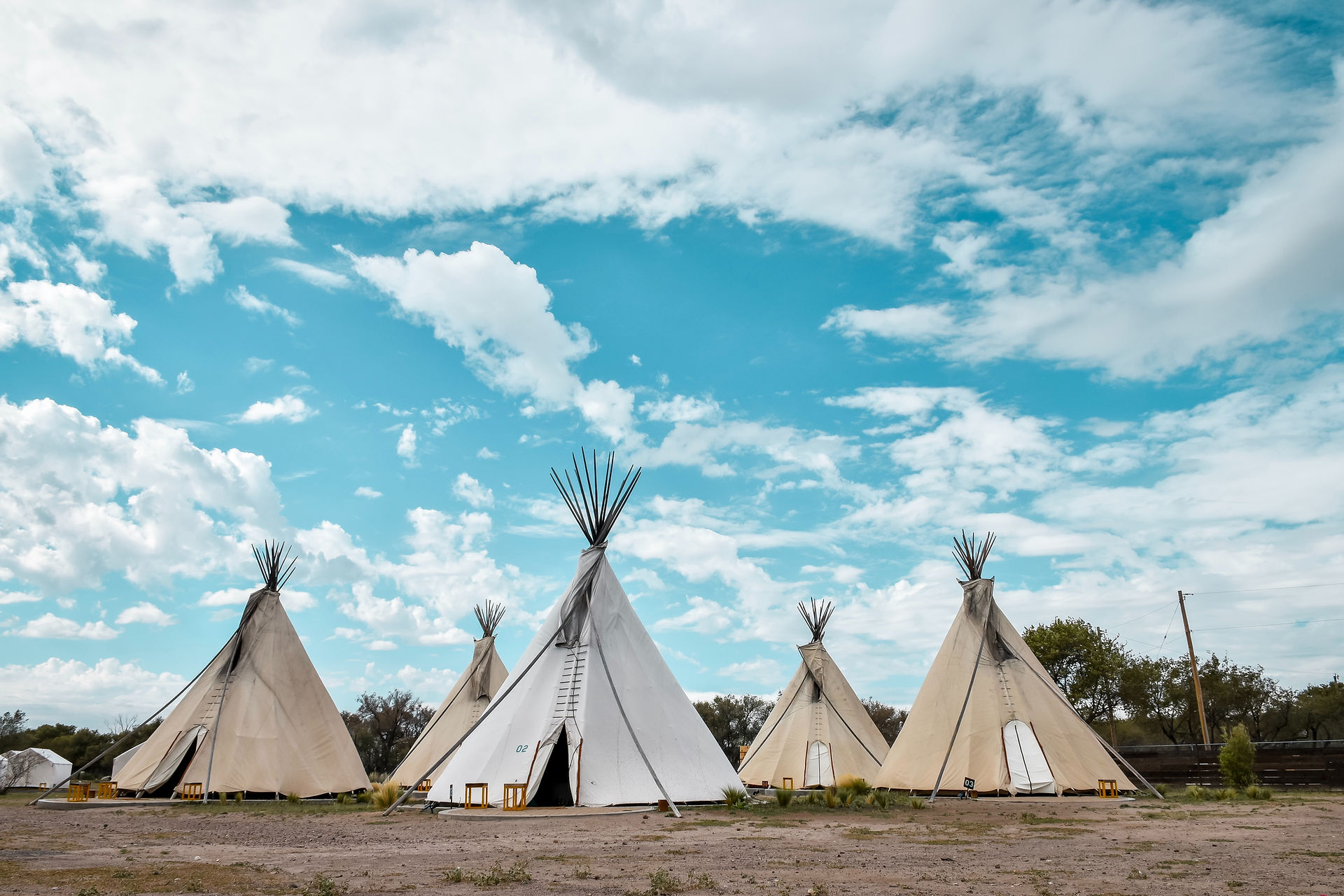
Historical Context
The ground breaking NAGA Report is the culmination of nearly 6 years of investigative research and experiential accounts concerning the movement to erase Native identity from sports and mainstream society. What started out in the 1960s as a righteous, grassroots effort to eliminate truly degrading and stereotypical Indian mascots and logos has in subsequent years been hijacked by a radical fringe group of academics backed by their far leftist allies to eliminate ALL Native imagery from the American landscape. Most everyone can agree that logos and sideline entertainer mascots that negatively stereotype Native people should be a relic of the past, however the premise of the change activists that all Native symbols and imagery perpetuate negative stereotyping runs very contrary to common sense as well as the opinion of the vast majority of non-activist Native people.
Many of the Native names and logos used by schools and sports franchises were adopted in the 1920s and 30s, an era when Native American sports teams such as the Carlisle Indians were popularized by legendary figures such as Jim Thorpe. These names and images were adopted to pay tribute to our First Nations people to reflect the admirable qualities of strength, bravery, honor, and pride. Common sense alone informs us that society chooses only those we seek to memorialize and honor by using their names and likenesses on our government seals, money, landmarks, and yes, as representative symbols of our beloved sports teams. The group of honorees includes former American presidents and other historic figures as well as people groups and subsets such as Celtics, Irish, Cajuns, Cowboys, Patriots, and American Indians among others.
In the context of sports names and imagery, most teams have adopted non-serious identities such as Bulldogs, Tigers, Giants and the like which evoke no particular pride or passion among their fandom. American Indian names and related imagery in particular are different in that they uniquely inspire pride and passion among their fan bases as well as a majority of Native American people. In fact, a 2019 survey conducted by the Washington Post revealed the most common term Native people associate with the term "redskins" is "proud". It is no coincidence that virtually all Native American schools use the same names and similar logos used by non-Native schools and sports teams. An interesting side note, a recent study conducted by Harvard University in conjunction with 23andMe revealed that over 50% of European Americans have some Native American DNA. In contrast to the small minority of radical Indian activist types falsely claiming to speak for the Native community, Indian people have historically been extremely welcoming to non-Natives in sharing their culture and traditions. Many tribes have adopted non-Natives into their communities. Indian culture allows non-Natives to participate in special "sweating" ceremonies to receive an Indian name. Native American pow wows are often inclusive of non-Natives to participate in specific dances and learn about the culture. Native people are generally very inclusive and love to share the culture.
In the face of such overwhelming historical context, one may be left to wonder why all the uproar all the sudden over these often decades long Native American names and logos? If these names and images were truly "racist" then logically there would have been an uproar from day one rather than a proverbial light going on decades later. It can all be summed up in one word--"politics".
